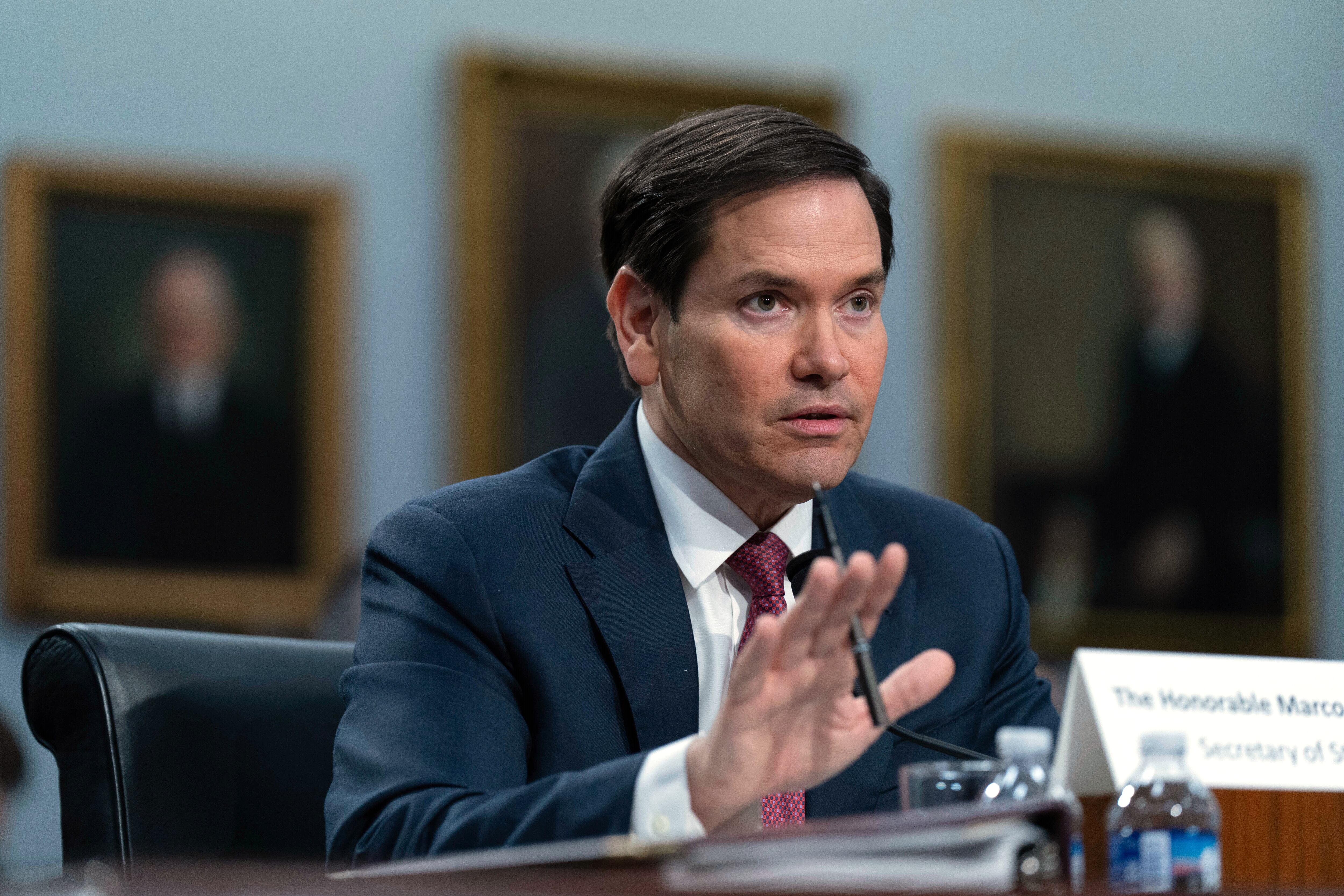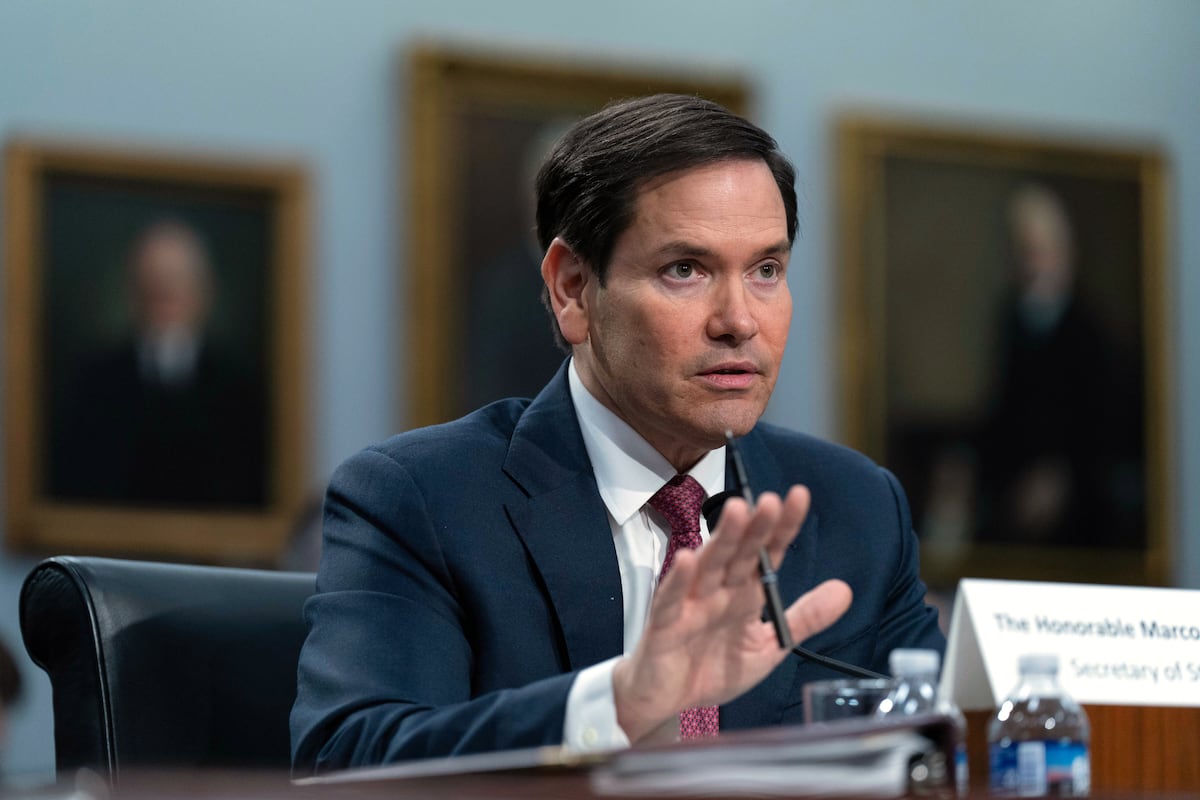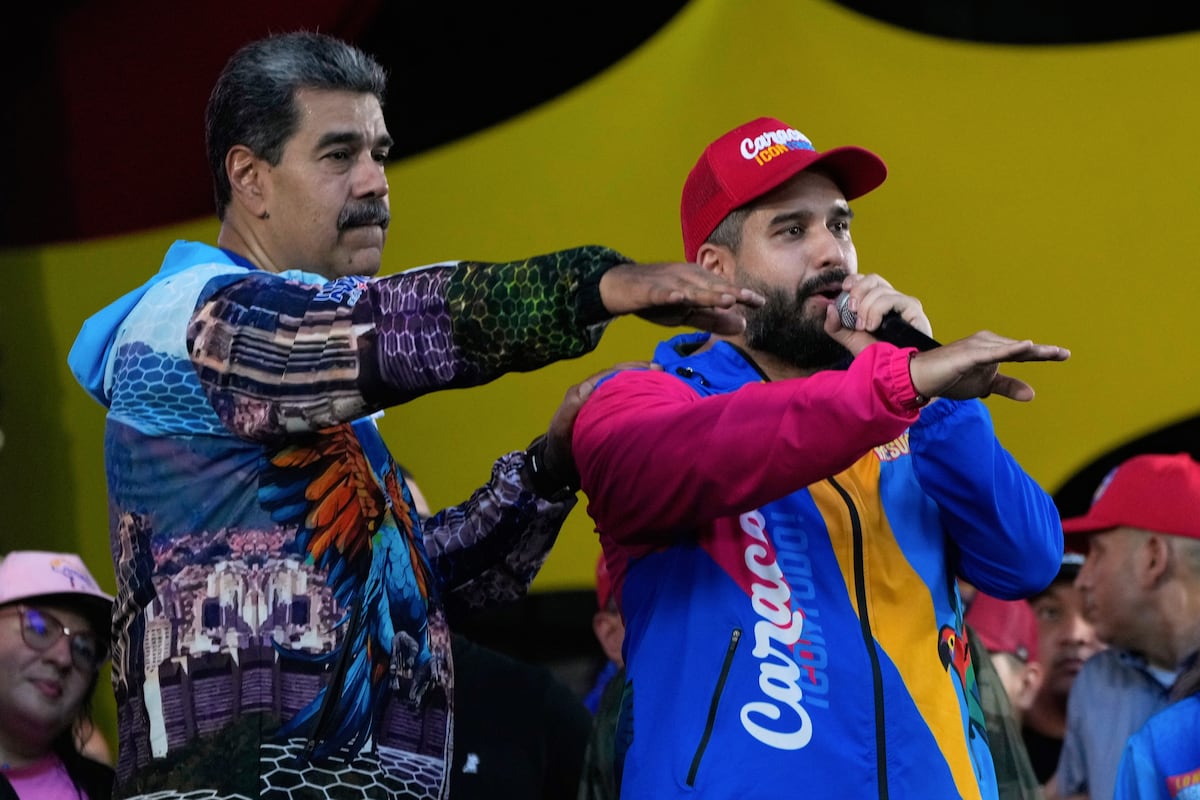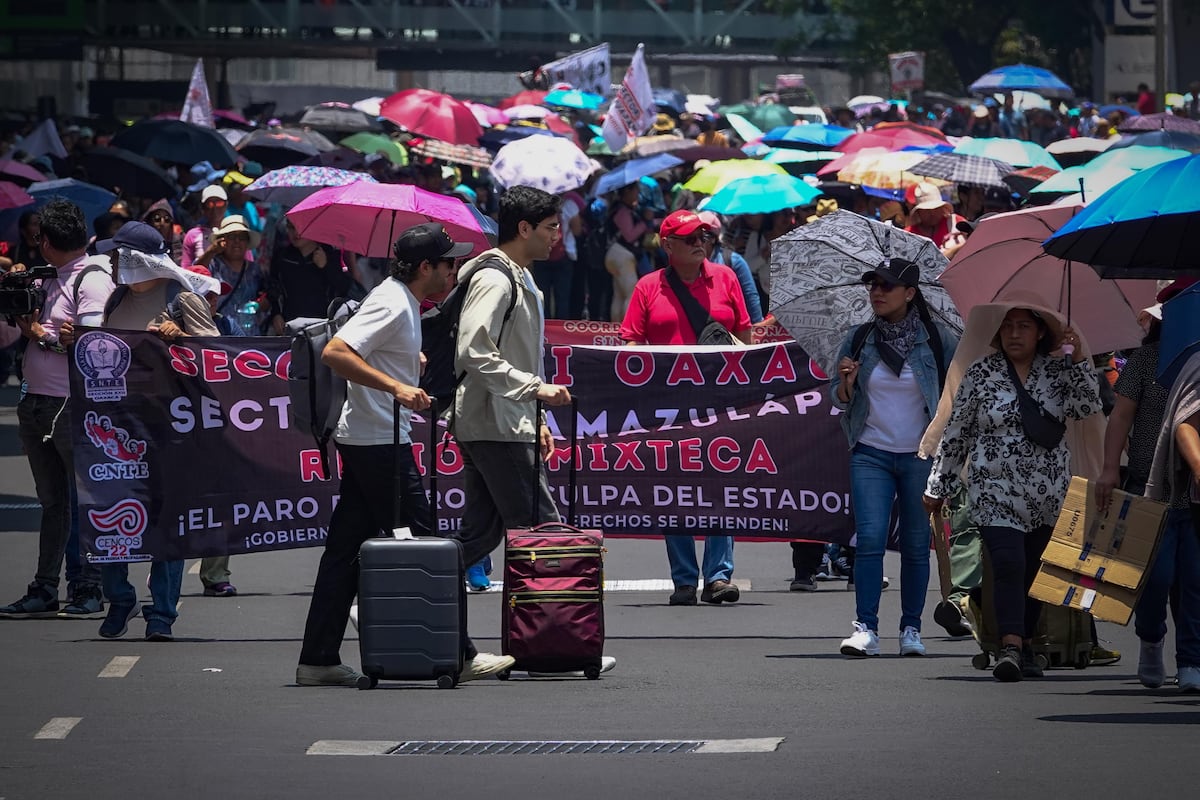
Venezuelans and Cubans in Miami have good reason to feel that Marco Rubio, their prodigal son in Washington, has turned his back on them. Since being appointed Secretary of State in Donald Trump’s second administration, Rubio has gradually distanced himself from the causes that once earned him popularity among both diasporas — such as his support for immigration relief measures that allowed them to live and work in the U.S., and his advocacy for “iron fist” policies against the regimes in Venezuela and Cuba. Now, as the Miami-born politician consolidates his power as Trump’s global envoy, back home, he is in serious trouble.
Born in Miami in 1971 to a family of exiles who fled the Cuban Revolution, Rubio was the first member of Trump’s Cabinet to be confirmed by the Senate, with bipartisan support. Until then, Rubio was known as one of the staunchest defenders of Temporary Protected Status (TPS) programs, which have shielded around 600,000 Venezuelan immigrants in the U.S. from deportation. He was also a leading promoter of sanctions against the Chavista and Castro regimes governing Venezuela and Cuba — both as a Republican senator and during his brief 2016 presidential campaign.
As Secretary of State, however, Rubio now supports ending TPS for Venezuelans and cutting international aid to Latin American countries under dictatorial regimes. Neither his political colleagues — many local Republican politicians have voiced opposition — nor his own community seem to recognize him anymore.
During a Senate hearing on Tuesday, Democrat Chris Van Hollen, who had voted to confirm Rubio as Secretary of State, criticized his shift in stance. “We didn’t always agree, but I believe we shared some common values — a belief in defending democracy and human rights abroad and honoring the Constitution at home. That’s why I voted to confirm you. I believed you would stand up for those principles. You haven’t. You’ve done the opposite,» the senator said during the televised session.
“He would send his own parents back to Cuba, he sold his soul to Trump,” read one comment on CBS’s Instagram post about the hearing.
Rubio tried to deflect criticism with an implausible message for Venezuelan migrants: “People who have TPS will apply through the asylum processes. And I believe many of them, if not most of them, will have very credible asylum claims,” he said, despite the fact that the number of asylum seekers being deported has soared while and asylum approval rates have hit record lows.
Both the Miami Herald and South Florida public radio WLRN dedicated editorials on Thursday to the country’s first Latino Secretary of State. “Rubio used Venezuelans in his hometown for political gain. Now, he’s betrayed them,” read the article in the Herald headline, which called on Rubio to use his high-ranking position in the Trump administration to help the thousands of Venezuelans with TPS now facing deportation. “Venezuelans and other migrant groups see leaders like Marco Rubio no longer have their backs — because today, boosting deportations matters more than bolstering democracy,” wrote WLRN Americas editor Tim Padgett.
Major Miami highways have begun filling with billboards targeting Rubio and other Republican senators who have supported Trump’s immigration policies, to the detriment of migrant communities from countries like Venezuela, Cuba, and Nicaragua. “Little Marco sold out all Venezuelans. He told Trump to end TPS. He’s a traitor to all those fleeing dictatorships,” reads one such billboard, sponsored by a group called Keep Them Honest, referencing the nickname Donald Trump used for Rubio when the two competed in the 2016 Republican presidential primaries.
Back then, Rubio had a very different opinion of Trump and the threat he believed the businessman posed to U.S. democracy and the values of the Republican Party. “We’re going to send the message that the party of [Abraham] Lincoln and [Ronald] Reagan, and the presidency of the United States, will never be held by a con artist,” Rubio said at the time. Then came his reconciliation with Trump —and the rest is history.
Sign up for our weekly newsletter to get more English-language news coverage from EL PAÍS USA Edition







Comentarios